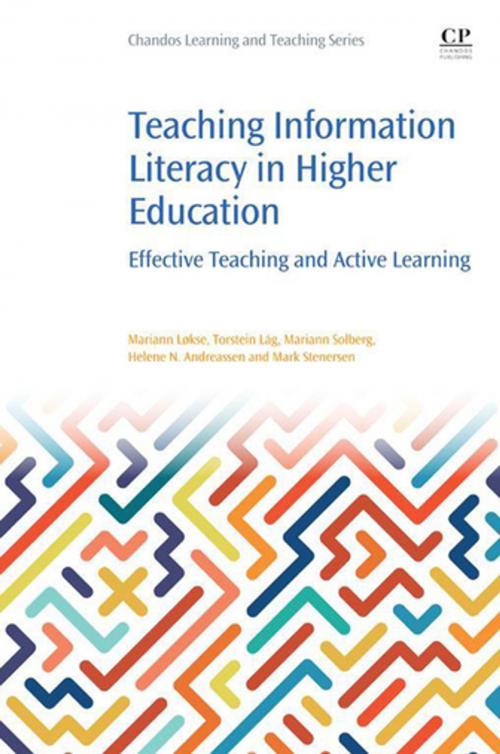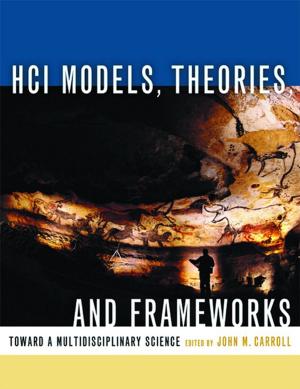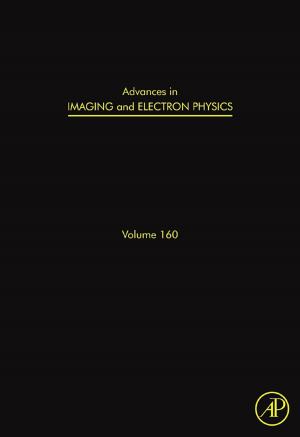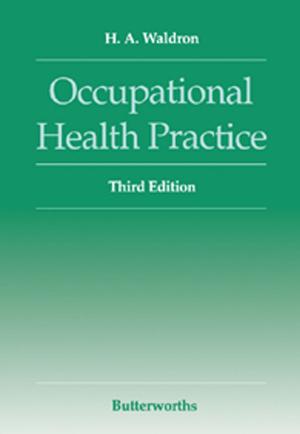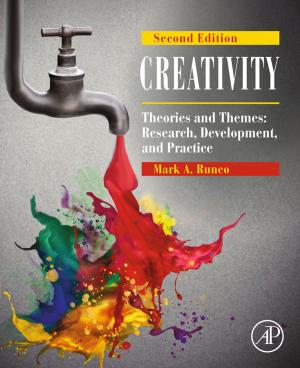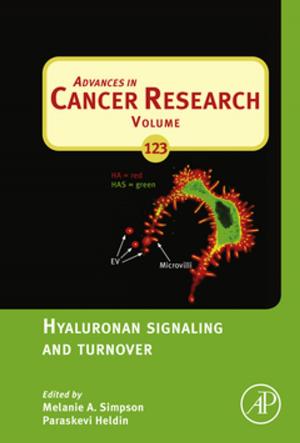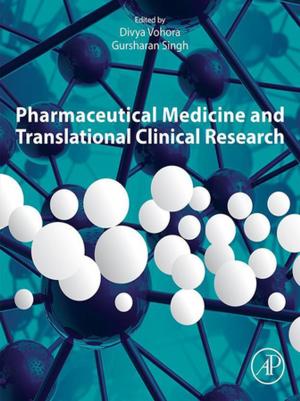Teaching Information Literacy in Higher Education
Effective Teaching and Active Learning
Nonfiction, Health & Well Being, Psychology, Cognitive Psychology, Reference & Language, Education & Teaching| Author: | Mariann Lokse, Torstein Lag, Mariann Solberg, Helene N. Andreassen, Mark Stenersen | ISBN: | 9780081010051 |
| Publisher: | Elsevier Science | Publication: | March 22, 2017 |
| Imprint: | Chandos Publishing | Language: | English |
| Author: | Mariann Lokse, Torstein Lag, Mariann Solberg, Helene N. Andreassen, Mark Stenersen |
| ISBN: | 9780081010051 |
| Publisher: | Elsevier Science |
| Publication: | March 22, 2017 |
| Imprint: | Chandos Publishing |
| Language: | English |
Why do we teach information literacy? This book argues that the main purpose of information literacy teaching in higher education is to enhance student learning. With the impact of new technologies, a proliferation of information sources and a change in the student demography, information literacy has become increasingly important in academia. Also, students that know how to learn have a better chance of adapting their learning strategies to the demands of higher education, and thus completing their degree.
The authors discuss the various aspects of how academic integrity and information literacy are linked to learning, and provide examples on how our theories can be put into practice. The book also provides insight on the normative side of higher education, namely academic formation and the personal development process of students. The cognitive aspects of the transition to higher education, including learning strategies and critical thinking, are explored; and finally the book asks how information literacy teaching in higher education might be improved to help students meet contemporary challenges.
- Presents critical thinking and learning strategies as a basic foundation for information literacy
- Covers information literacy as a way into deep learning/higher order thinking
- Provides self-regulation, motivation, and self-respect as tools in learning
- Emphasizes the interdependence of learning, academic integrity, critical thinking, and information literacy
- A practical guide to teaching information literacy based on an increased focus on the learning process, an essential for Information literacy graduate students and higher education teaching staff in relevant fields
Why do we teach information literacy? This book argues that the main purpose of information literacy teaching in higher education is to enhance student learning. With the impact of new technologies, a proliferation of information sources and a change in the student demography, information literacy has become increasingly important in academia. Also, students that know how to learn have a better chance of adapting their learning strategies to the demands of higher education, and thus completing their degree.
The authors discuss the various aspects of how academic integrity and information literacy are linked to learning, and provide examples on how our theories can be put into practice. The book also provides insight on the normative side of higher education, namely academic formation and the personal development process of students. The cognitive aspects of the transition to higher education, including learning strategies and critical thinking, are explored; and finally the book asks how information literacy teaching in higher education might be improved to help students meet contemporary challenges.
- Presents critical thinking and learning strategies as a basic foundation for information literacy
- Covers information literacy as a way into deep learning/higher order thinking
- Provides self-regulation, motivation, and self-respect as tools in learning
- Emphasizes the interdependence of learning, academic integrity, critical thinking, and information literacy
- A practical guide to teaching information literacy based on an increased focus on the learning process, an essential for Information literacy graduate students and higher education teaching staff in relevant fields
